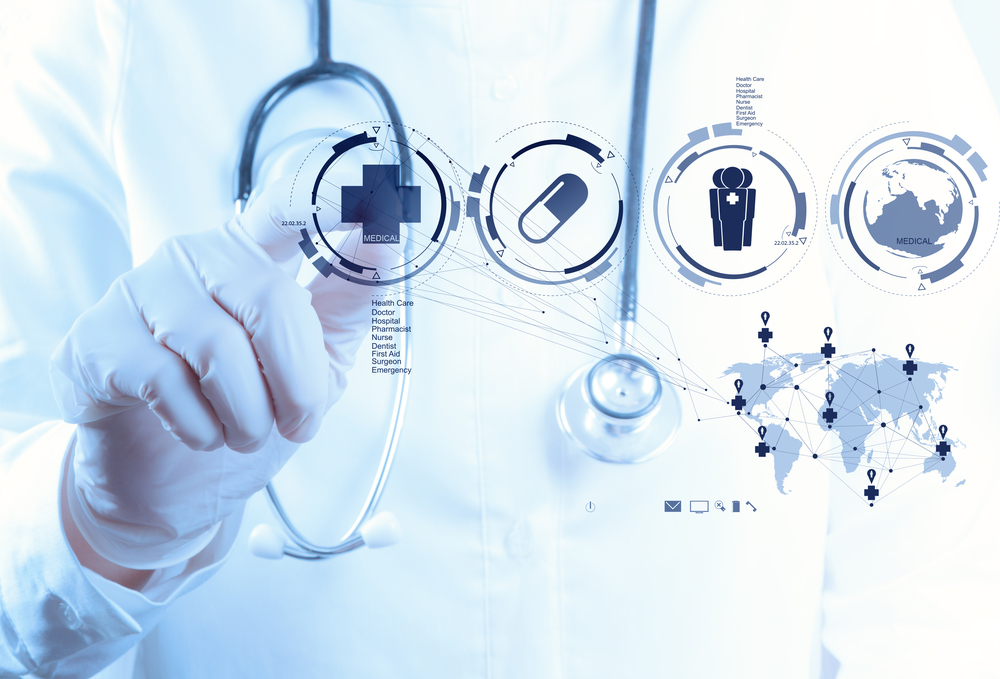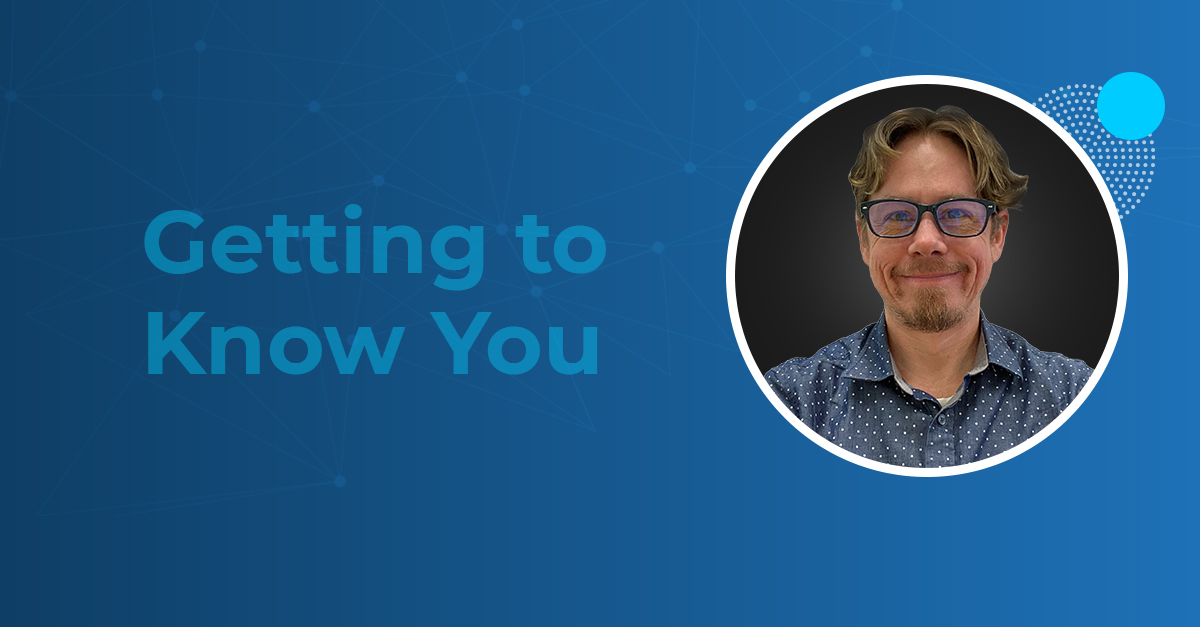The latest iteration of ChatGPT has gotten people talking, and organizations are stepping up to try the generative AI’s (GenAI) capabilities. But what does this powerful technology mean for healthcare?
Some healthcare organizations may be hesitant to adopt the technology right away, as a report from Accenture, suggested: “fewer than half of healthcare organizations are planning to pilot a generative AI program in 2023.” This may in part be due to the many accuracy and security concerns that currently surround ChaptGPT.
But it may also be too early to truly predict healthcare’s future adoption.
ChatGPT and other GenAI’s do have great potential to improve processes and speed up tasks within healthcare’s clogged pipelines. The industry routinely operates on a financial and workforce shoestring where any efficiency improvements are welcome—and GenAI can bring that 10-fold.
Let’s dive into some encouraging use cases for GenAI in healthcare.
Top 6 Generative AI Use Cases in Healthcare
- Process Automation
Even today, many healthcare organizations are bogged down with manual processes that hinder efficiency and patient care. But GenAI can streamline workflows, speed up processes, deliver improved accuracy, and alleviate health workers’ menial tasks so they can focus on more important responsibilities.
- Medical Scribe Tool
Automated tasks are at the top of GenAI’s skills potential. Healthcare organizations are already using AI to transcribe and summarize treatment plans, diagnoses, lab results, and other doctor-patient encounters, saving physicians time and risk of burnout. - Personalized Care
Patients appreciate personalization in their healthcare, and GenAI can enhance that. The technology can quickly scan symptoms, medical history, medications, etc., to develop personalized care plans. This easier avenue to personalization can also help providers tailor wellness initiatives to empower patients to assume a more proactive to their health. - Remote Monitoring
Clinicians can use GenAI to watch over patients and monitor health conditions with real-time alerts and data analysis. This live information can be a prevention booster as it can help providers catch problems early and quickly mitigate them. - Augment Drug Discovery and Development
Generative AI can identify candidates and test drug effectiveness using computer simulations before testing a drug on humans or animals. This can speed up processes and help gather valuable data before live test subjects are put at risk. - Enhance Medical Imaging
Radiology could get a significant boost in accuracy with GenAI. The technology can improve processes and diagnostic detection, seeing irregularities that the human eye cannot. Providers are finding use cases for detecting breast cancer, neurological abnormalities, lung cancer screening, hidden bone fractures, and tumor classification.
Generative AI has the potential to revolutionize many aspects of healthcare and improve patients’ lives. But as with any innovation, GenAI implementation should be a well-planned approach, mapping out workflows and solutions for the highest possible success.
To learn how your organizations can use hyperautomation to improve processes and compliance, visit Genzeon.



